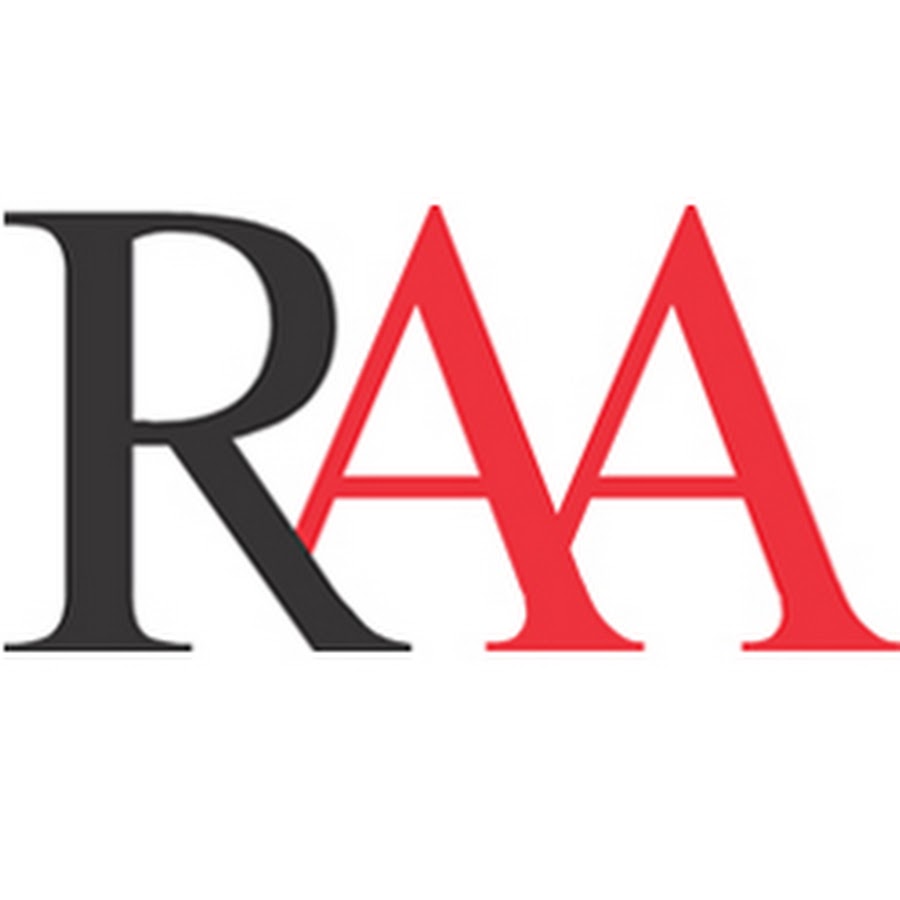Uncertainty over the reauthorisation of the Terrorism Risk Insurance Act (TRIA) in the US is increasing the demand for terrorism reinsurance coverage, according to Frank Nutter, President of the Reinsurance Association of America (RAA).
 Speaking at the US Treasury’s Advisory Committee on Risk-Sharing Mechanisms (ACRSM), Nutter observed that the reinsurance market has been “pretty stable” since the last reauthorisation of the Act in 2015.
Speaking at the US Treasury’s Advisory Committee on Risk-Sharing Mechanisms (ACRSM), Nutter observed that the reinsurance market has been “pretty stable” since the last reauthorisation of the Act in 2015.
Market participants have been vocal about the value of TRIA as one of those stabilising factors, he added.
However, with the Act currently set to expire in January 2020 and no guarantee yet received from Congress that it will be renewed, demand for terrorism reinsurance has risen, the RAA believes.
“The uncertainty around the reauthorisation of the program (TRIA) is driving some demand,” Nutter said. “And if the uncertainty continues it’s likely to continue to drive demand.”
“Notably for smaller companies where there’s concern about exposure to their capital and surplus in the case of an event,” he explained.
“If the program lapses, what you’re likely to see according to market participants, is a real focus on preferred locations and even greater sensitivity about aggregate losses.”
TRIA was signed into law in 2002 as a way to create a federal backstop for insurance claims related to acts of terror.
It was enacted in response to the September 11, 2001 attacks, which changed the landscape for terrorism risk insurance and forced many insurers to pull out of the market.
A lack of insurance is thought to have contributed to a stagnation in the US economy at this time, particularly in the construction, travel and tourism, and real estate finance sectors.
The program was originally set to expire on December 31, 2005, but was extended to 2007, and then again to 2014. The act expired on December 31, 2014, but was later renewed at the start of the next congress.
Nutter told ACRSM members that the vast majority of program coverage in the private market are property casualty treaties, aggregate covers and individual risk covers.
The standalone market has largely retrenched in recent years, he noted, and coverage for domestic terrorism has also increased somewhat.
“The capacity is really a function of exposures in major cities,” Nutter said. “Reinsurance companies more focused underwriting, more sensitivity about aggregates and concerns about either sublimits looking at various scenarios are a pretty common part of the dialogue in the industry.”
He continued: “For regional companies, in terms of smaller companies, coverage for acts of terrorism in the reinsurance market has not been a problem unless of course the company has a particular focus in a major urban area in which case the same conditions would apply.”
The Advisory Committee is supposed to deliver advice and recommendations to the Federal Insurance Office (FIO) with respect to the creation and development of non-governmental, private market risk-sharing mechanisms for protection against losses arising from acts of terrorism.


